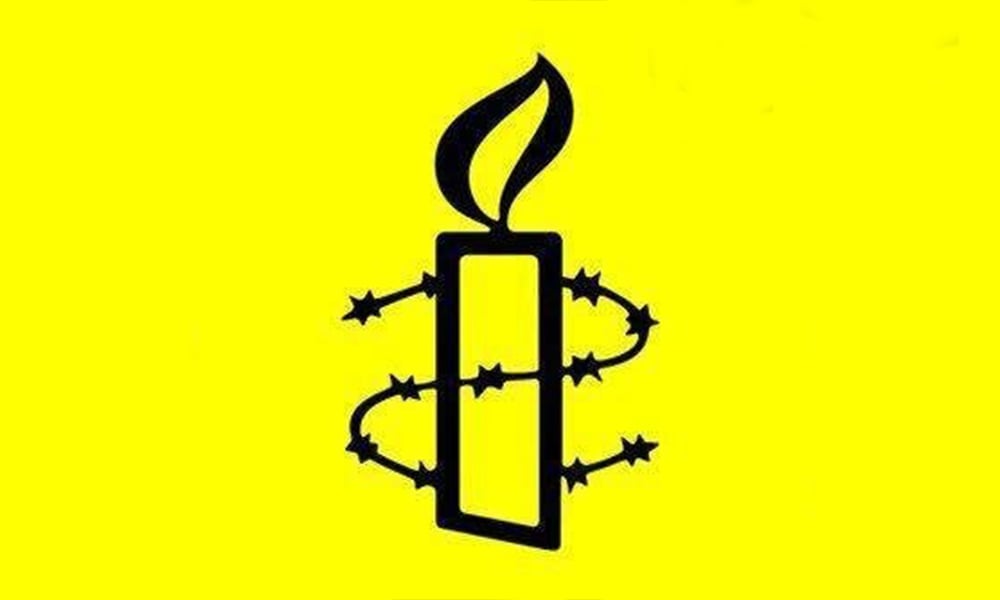The measures adopted should be lawful, necessary and proportionate, wrote the signatories

A joint statement signed by over 100 civil society groups and NGOs around the world calls for governments to safeguard human rights as they utilize digital surveillance methods to address the COVID-19 crisis.
“Technology can play an important role in the global effort to combat the COVID-19 pandemic, however, this does not give governments carte blanche to expand digital surveillance,” said Rasha Abdul Rahim, Amnesty Tech’s deputy director, in a news release from Amnesty International Canada. “The recent past has shown governments are reluctant to relinquish temporary surveillance powers.”
Although the use of technology can in many ways help to fight the public health crisis, such as through the online circulation of public health messages, the adoption and expansion of digital surveillance techniques, which governments around the world have already been doing, may potentially result in surveillance overreach, violations of the rights of privacy and freedom of expression and association, discrimination against marginalized communities and decreased trust in public authorities, Amnesty said in its news release.
In “Joint civil society statement: States use of digital surveillance technologies to fight pandemic must respect human rights,” the signatories called for compliance with certain conditions if governments are using increased digital surveillance, such as through the monitoring of mobile phone location data, in their attempts to combat the COVID-19 crisis. The conditions are:
- The digital surveillance measures adopted should be lawful, necessary and proportionate
- Any expanded monitoring and surveillance powers should be time-bound, only continuing for as long as needed to address this pandemic
- The data collected, retained and aggregated should be limited in scope, should be time-bound and should not be used for commercial or other purposes.
- Governments should protect and secure the data collected
- Government should address the risk that such measures may result in discrimination and other rights abuses against marginalized communities
- Any data sharing agreements between governments and other entities should be based on law and publicly disclosed
- Governments’ responses to COVID-19 should include accountability protections and safeguards against abuse
- Governments’ responses to COVID-19 should provide ways for relevant stakeholders and marginalized communities to freely, actively and meaningfully participate
“States cannot simply disregard rights such as privacy and freedom of expression in the name of tackling a public health crisis,” said the joint statement. “On the contrary, protecting human rights also promotes public health.”










